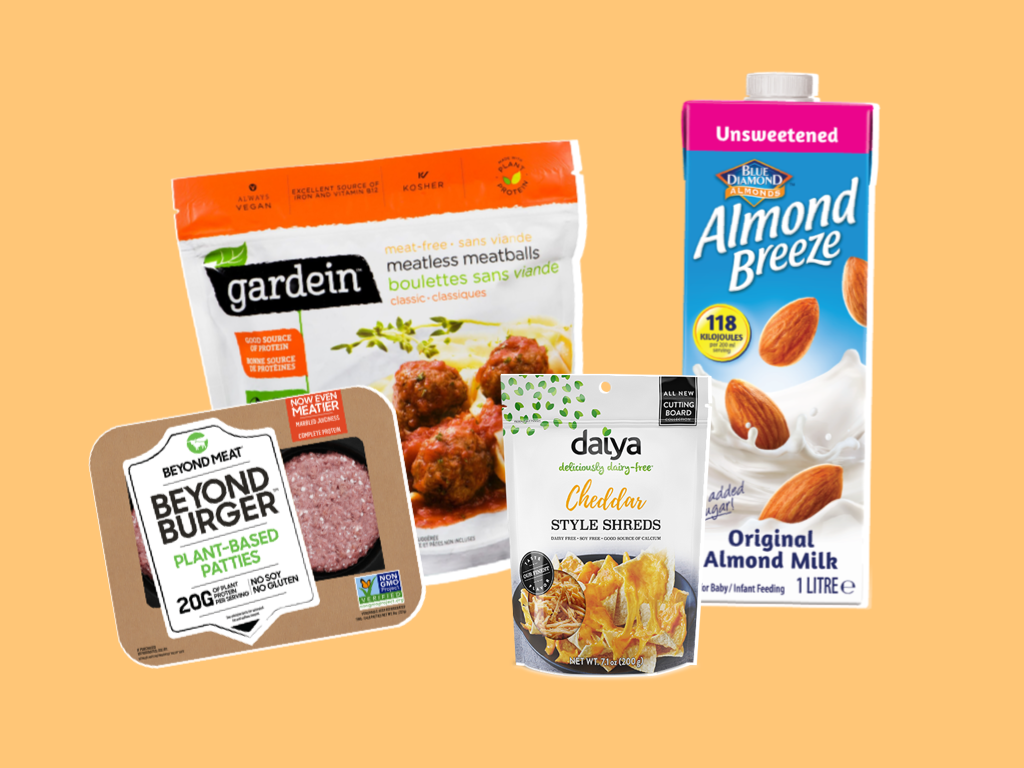3 Mins Read
FoodChain ID, one of the world’s leading food safety standard organisations providing accredited third-party certifications, has created a new program dedicated to Vegetarian, Plant-based, and Vegan (VEG) products. The organisation says the new certification was launched in response to the growing consumer demand for plant-based and meatless food products and the need for greater transparency and trust to help consumers navigate the market.
The new VEG program launched by FoodChain ID will enable food manufacturers to add value to their brands, increase transparency with consumers and meet the demand from both shoppers and retailers for more plant-based products. In order to be certified under the new program, brands must demonstrate that all its ingredients are non-GMO, that all ingredients should be segregated and traceable back to its source.
While vegetarian goods may contain milk, eggs and honey, these ingredients are not permitted for any products to be certified as plant-based or vegan, including all substances in the entire manufacturing process, such as processing aids and additives.
For both the plant-based and vegan certification, FoodChain ID specifies that “the use throughout the production process of any ingredient/adjuvant/processing aid of animal origin is not permitted. Nor can any animal substance be used indirectly in the production process, as an additive or processing aid.”
But what’s the difference between plant-based and vegan, exactly? According to the organisation, in addition to meeting the same requirements that plant-based products require, vegan products will need to comply with additional requirements such as ethical standards of no animal testing, and animal-free packaging, including materials such as glue.
This newly established certification is in response to customer demand for a labelling solution that provides greater product transparency.
Mark Dabroski, Senior Vice President of Commercial Services, FoodChain ID
For all three categories, there must be no meat, poultry, fish, seafood, ingredients derived from meat or bones, animal fats, animal-derived gelling agents, cheese produced from animal rennet or any filtration aids that contain gelatin, egg whites, fish glue, or crustacean-based exoskeletons.
“Consumers are increasingly turning to a full range of plant-based and meatless products, especially as alternative protein sources,” said Mark Dabroski, senior vice president of commercial services at FoodChain ID, in the announcement. “This newly established certification is in response to customer demand for a labeling solution that provides greater product transparency.”
While interest in plant-based foods has been steadily rising over the past few years, the industry has received a major boost in the wake of the coronavirus pandemic and the disruption that slaughterhouse and packaging plant outbreaks have had on the global meat industry.
Consumers worldwide have responded by doubling down on plant-based meat purchases, including many first-time buyers – the majority of whom say they will continue to choose alternative meats in the future. Overall, the United Nations FAO estimates that this global pattern, notably driven by millennials and Gen Zs as reported in new data, will trigger the biggest drop in meat intake seen in decades.
With this trend away from animal-based foods set to continue, market research indicates that the plant-based meat alternatives and wider animal-free foods market is poised for major growth in the coming years. New York-based Polaris Market Research predicts that the vegan meat market will reach US$35.8 billion by 2027, while Pune-based Meticulous Research estimates that the total plant-based food market, which includes meat and dairy alternatives, plant-based ingredients and distribution channels, will reach US$74.2 billion by 2027.
Lead image designed by Green Queen Media.




